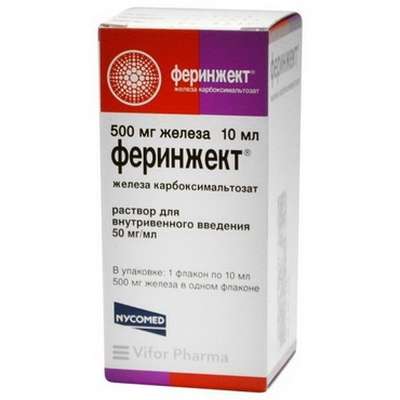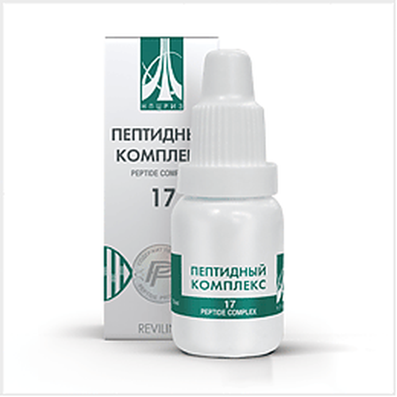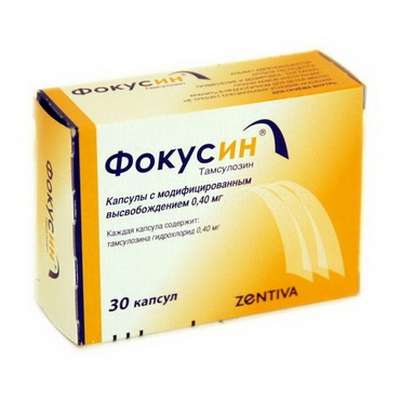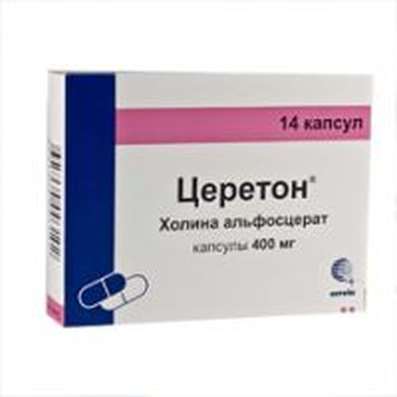Next - Strongest OTC Painkiller
05 Mar 2017
Why pain occurs
The inability to feel pain
In the entire history of mankind has been described in only 20 cases where people have completely lacked sensitivity to pain. This phenomenon is called aponia. People suffering from this genetic disorder, get a large number of injuries in early childhood, they appear multiple scars on the tongue and mucous membranes of the mouth: teething baby starts biting tongue and cheeks. Later appear fractures and burns. Such people are very difficult to live and have to regularly inspect your body for signs of damage. That is the pain in fact - a useful effect, it allows a person to understand that in the body are harmful processes need to figure out what is wrong, or if the pain is sharp, you want to quickly change the behavior (for example, to remove a hand from the red-hot iron).

What causes pain
The nature of the pain is not always the same. In the simplest case, if the pain sensitivity is normal, pain occurs as a result of infection, metabolic disorders, injuries. Tissue damage activate pain receptors which transmit signals to the brain. The pain - it is called physiological - easily passes after the removal of the causes and treatment of pain medication. It happens that a sick body can not be cured quickly and completely, and then the treatment of pain becomes an independent task.
Another cause of pain - damage to the nervous system itself. This pain is called neuropathic. Damage can affect and individual nerves, and areas of the brain or spinal cord. This is the pain of herpes, and toothache, and the famous tennis players and people working at the keyboard, carpal tunnel syndrome. Neuropathic pain is often associated with sensitivity abnormalities. It happens that the most common irritants (heat, cold, touch) are perceived as pain. This phenomenon is called allodynia. Called hyperalgesia increased pain response to weak pain stimulus.
The perception of pain depends on many factors. For example, from the floor (on average women are more sensitive to pain) and religiosity (believers easier to cope with the pain than atheists).
Phantom pain
Even in 1552, the French surgeon Ambroise Paré described the complaints of pain in the injured limbs amputated. Today, these are called phantom pain. It was found that phantom pain complain about all the people who had undergone removal of an arm or leg, and half of women undergoing breast amputation. One year after the operation the pain experienced only two-thirds of patients.
We can not say that the cause of phantom pain are known. Now it is believed that in different parts of the central nervous system is formed centers of the system, which generates pathological pain impulses.
There are over 40 treatments for phantom pain, but only 15% of patients recover completely. As a specific department of the nervous system that is responsible for the appearance of phantom pain is not diagnosed, surgical treatments are ineffective. Local administration of pain medication helps only a few patients. Pretty effective method is considered to be electrical motor cortex. It can be carried out without surgery - on the surface of the head - or by means of implanting the electrode for continuous direct stimulation of cortical areas.
The pain of a hangover
One of the actions of ethanol - suppression of pituitary hormone responsible for fluid retention. With a lack of this hormone begins excessive release of water by the kidneys and dehydration occurs. Alcohol also stimulates the production of insulin, which promotes glucose capture tissue. By drinking liqueurs and sweet wines of insulin synthesis is enhanced in two ways. As a result, the blood sugar content decreases, which may also cause headaches. It can provoke and impurities, which are especially numerous in the dark-colored drinks: red wine, cognac, whiskey.
The World Health Organization recommends that cancer pain treated according to the "ladder of pain." The first rung of the ladder - a weak pain for which treatment using non-steroidal anti-inflammatory drugs. When the drug first stage stop to help, in Russia used a weak opioid analgesic tramadol, which is not a drug. In the third stage, with a strong unbearable pain using opioid analgesics. You can also like Semax.
When using narcotic drugs may appear weakness, which usually passes in a few days. Constipation may occur as opioids inhibit intestinal motility. Over time, the analgesic dose prescribed by the doctor, stopped to help. It is because the pain increased, or because evolved resistance to the drug. In this case, the doctor will recommend increasing the dose of medication or prescribe another analgesic. Sustainable development does not mean that there was a dependence on drugs. Opioid analgesics, if they are assigned to the treatment of pain and are used properly, do not cause psychological dependence.
Opioid overdose can cause respiratory failure, therefore increasing the dose of the drug is possible only under medical supervision. Sharply stop taking opioids, too dangerous, but with the help of a doctor, you can gradually reduce the dose of the drug and to avoid unpleasant symptoms.
The pain is not caused by injury
American Heart Journal in 1989 published survey data for more than seven thousand patients with pain in the area, arrived in the emergency room of the heart. According to the survey, only 4% of the patients suffered a myocardial infarction, half could be suspected heart attack, and 40% of people who applied had quite a healthy heart. Many parents had to deal with a situation where a child over the weekend cheerful and active, on Monday before school droops and complains of abdominal pain. And it's not a pretense: the stomach really hurts, and yet, and stomach, and other organs all right.
Headache, pain in the heart, in the abdomen, back, emerged without organic lesion tissue and nerves, called psychogenic. The cause of psychogenic pain is psychological trauma, depression and vivid emotional states: grief, anger, resentment. Anxiety and suspicious people, and people who are inclined to demonstrative behavior, are most susceptible to psychogenic pain.
When this state changes of the nervous system, its sensitivity: pulses, which are usually not perceived as pain, begin to be interpreted in this way.
Despite the fact that psychogenic pain is not caused by a violation of the authorities, it is necessary to treat seriously. Firstly, it is important to make sure that it is psychogenic pain, and not a dangerous disease. Secondly, psychogenic pain, like any other, degrades the quality of life. Coping with this condition need to psychotherapy.
How do you know that a sick man
There are times when a sick person can not tell your family that is experiencing pain. But for those who care for them, it is important to define the appearance and strength of pain. Often such problems arise when caring for young children, for debilitated patients or for people who do not speak due to severe depression.
A manifestation of the fact that a person is in pain, it may be weeping, moaning or a grimace of pain on his face. But these symptoms are not always reliable. When it comes to long-term chronic pain, the tears and grimaces of suffering can not be. In this case, it is necessary to pay attention to changes in behavior: the sick person or freezes in a forced position, in which pain is felt less in all, or, conversely, rushes to find the most comfortable position. He avoids movements, which can cause pain. Sometimes a person suddenly becomes lethargic, he loses interest in the environment. This is also likely signal that hurt him. Doctors for pain assessment can take advantage of graphic scales: compare different behavioral characteristics, physiological manifestations, and in accordance with accepted standards infer how strong the pain to the patient. For this example, you must perform a test with analgesic, paying attention to the respiratory rate, pulse, blood pressure and general behavior.
Strongest otc painkiller NEXT - modern combined analgesic of fast action.

 Cart
Cart





